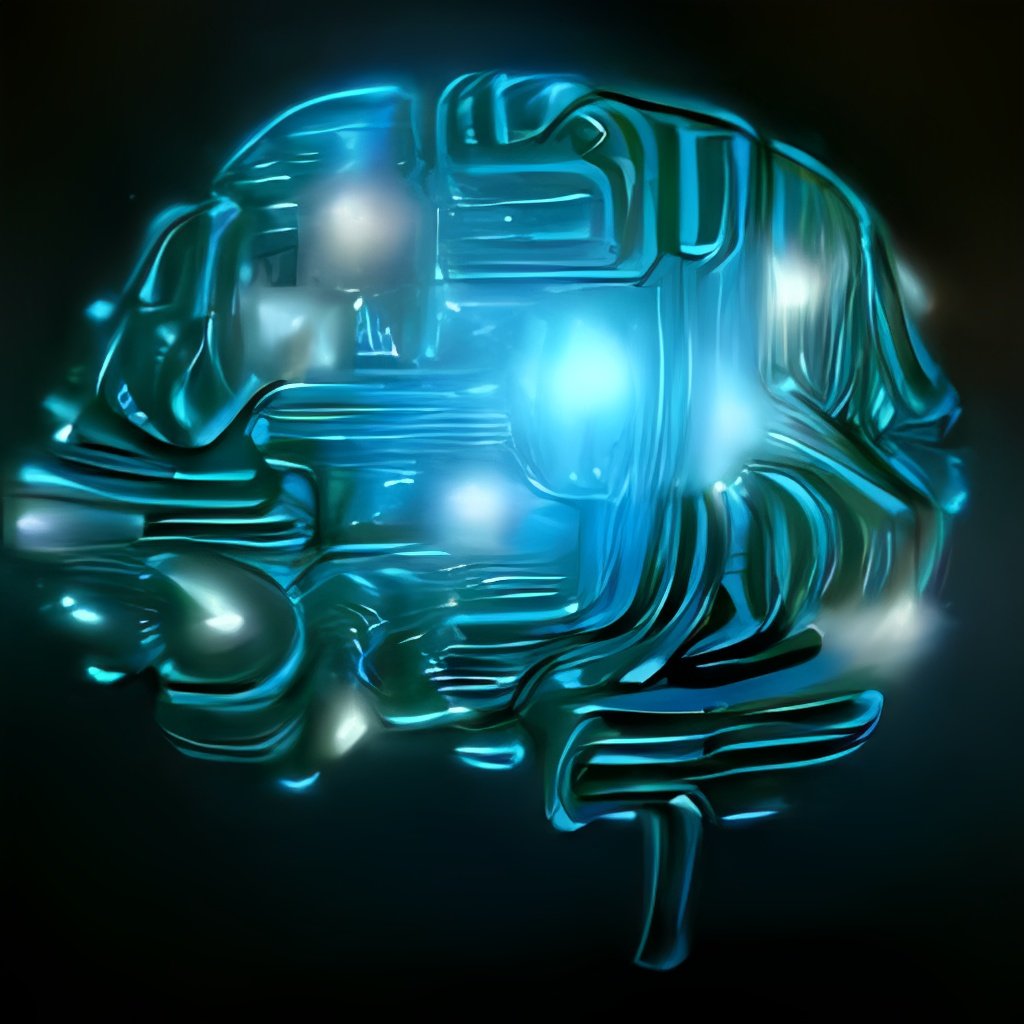First global summit on the risks of AI hosted in the UK
Artificial intelligence prompt completion by DALL-E mini, Prompt by JPxG, model by Boris Dayma, upscaler by Xintao Wang, Liangbin Xie et al., Wikimedia Commons, Apache 2.0
The UK hosted the Summit on Artificial Intelligence Safety on November 1 and 2.
At the start of November, world leaders congregated in the United Kingdom for the Summit on Artificial Intelligence Safety hosted at the Bletchley Park estate, where Alan Turing and his colleagues famously used technology as a positive tool to crack the Nazi Enigma codes.
The summit, convened by the UK, aimed to bring key countries and leading technology companies together to evaluate the potential risks surrounding the rapid advancement of AI technology, and discuss the implementation of appropriate safeguards to mediate these risks.
United Nations Secretary-General António Guterres emphasised the need for “sustained and structured conversation” regarding both the dangers and benefits of AI, with experts warning that, if unmoderated, the threat of AI could challenge that of even global pandemics or nuclear weapons. In particular, Guterres highlighted the cruciality of global cooperation and oversight in preventing the misuse or manipulation of AI, noting the rising geopolitical tensions that have already emerged from the development of such technology.
Some risks identified around artificial intelligence include threats to national security, the spread of misinformation, and the potential for labour market disruptions. On a macrocosmic level, the incorporation of AI technology into our daily lives will also have a great impact on future political, economic and social progress. Without immediate regulation, AI will only exacerbate existing inequality— in Guterres’ words: “this is not a risk; it's a reality.”
Prime Minister Rishi Sunak commented that “time and time again throughout history, we have invented paradigm-shifting new technologies, and we have harnessed them for the good of humanity”. He expressed an understanding that this would require “global effort”, stating that “with our vast expertise and commitment to an open, democratic international system, the UK will stand together with our allies to lead the way”.
Prior to this, the members of G7 met in May at the Hiroshima summit, where they collectively expressed a desire to take a shared approach to this issue. A draft code of conduct was released, which identified the potential dangers of AI, including its biological, societal and democratic risks.

